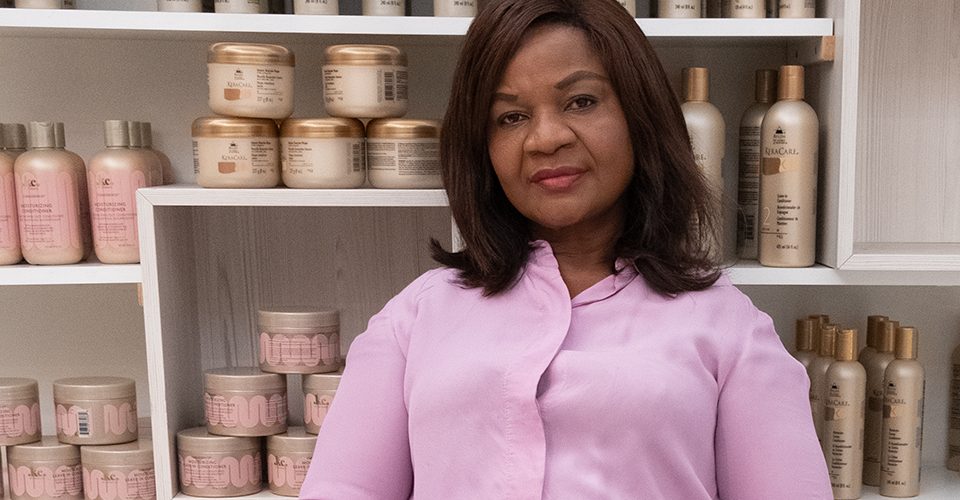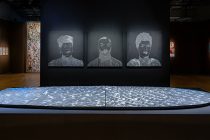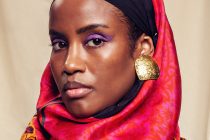Renewal
Settling in to converse with Elizabeth Atieno Nyaure, owner of Stockholm’s Salong Elizabeth hair salon, I’m reminded of our first meeting in mid-September 2022, when I entered through the glass-paneled door of her salon, after walking from the Fridhemsplan underground metro station to meet a friend who had an appointment with her.
Opened during the summer of 2022, Salong Elizabeth is on Kungsholmen, one of the fourteen islands making up central Stockholm. Situated amongst a diverse array of restaurants, I ask Elizabeth how she likes the location.
“It’s amazing. It’s still like a dream. I love it.” She beams as she flips her camera phone’s view to show me the space. The natural light coming through a large window mingles with the overhead lighting, showcasing the salon’s bright and elegant design.
She adds, “This is my little community. My salon is a very special family gathering.”
With over thirty years of experience as a hairstylist, Elizabeth compares her entrepreneurial commitment to that of a marriage.
“It is an art that involves a lot of things in order for it to work.”
Over the years, this union has included working with notable public figures like Miss Sweden 2002 Malou Hansson, Eurovision 2012 winner Loreen, and singer and actress Kayo Shekoni. With a singing career that has crossed several genres, and included performing at Melodifestivalen, Elizabeth counts Kayo as a supportive and trusted friend. Lending her support for the new salon, Kayo designed the logo.
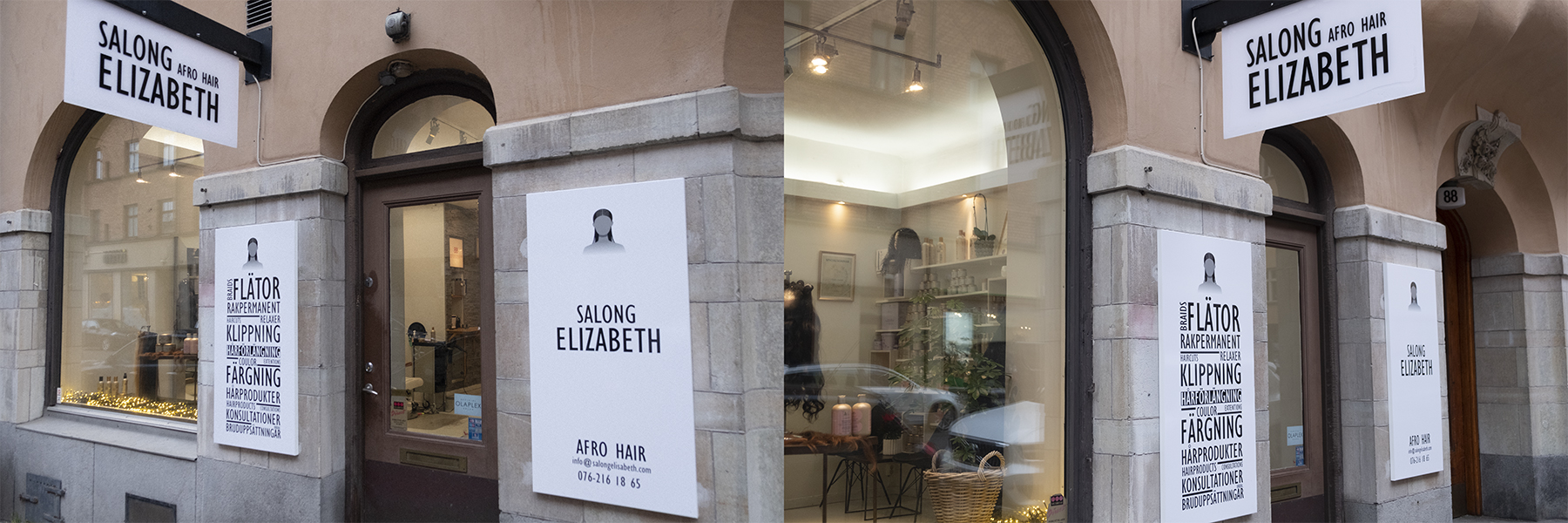
Finding her way
According to a December 2020 TravelNoire article, the Black populations of the three Scandinavian countries of Denmark, Norway, and Sweden represent less than three percent of their total populace. Despite these figures, Black cultures positively impact these countries through Black-owned businesses like restaurants, clothing boutiques, and hair salons.
Elizabeth states that one key to her longevity as a stylist is understanding the importance of listening to what her customers want. And ensuring that style is fused with an education in the best ways to care for their hair. “It’s not just what I want to say. But what I believe they need. Make them feel like they can trust me with their hair.”
Leaving home at thirteen, Elizabeth lived for a time, surviving on the streets of Kisumu, Kenya. Thus, when she arrived in Sweden in 1987, she was ready to start anew and create a new life for herself by becoming gainfully employed. But with only a rudimentary primary school education, she found it difficult to find consistent work. Then something that started in her home sprouted into a series of events that would change her life.
“I did not come to Europe to become a hairdresser,” she says. “It all started with me braiding my hair, seeing no one making them with passion. From there, others asked if I could braid their hair.”
And so, with Elizabeth’s unique style of braiding and few Swedish hair salons catering to Black women, her popularity grew. This ignited a flame in her, motivating her to travel to London in 1995 to receive training as a hairstylist. Something she did as a mother of a three-month-old.
“I walked around with a baby carrier looking for schools. Eventually, I found the Ebony School of Hair Dressing.”
Learning the craft in the U.K. allowed Elizabeth to meet and train with an array of cosmopolitan professionals. Moving a strand of hair from her brow, she recalls one such person. “His name is Clem Lue Yat. He became my teacher for hair weaving.”
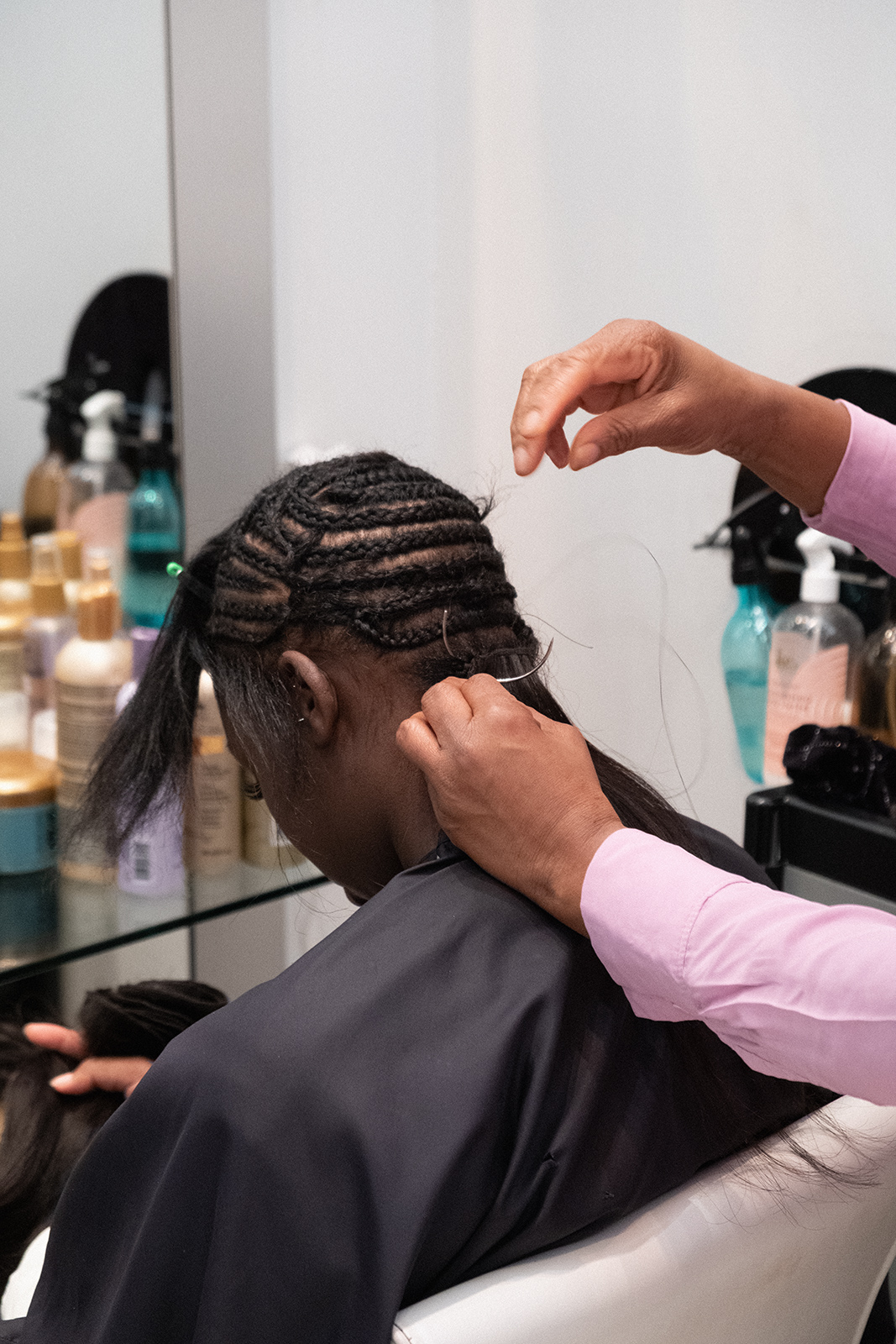
Mentor
The son of Chinese parents, Lue Yat is a Trinidadian native who, like Elizabeth, began styling hair at home. Completing his formal training in London in the early 1960s, he returned to Trinidad to open his first salon in the island nation’s capital of Port-of-Spain. With a visiting celebrity client roster that grew to include individuals like the American gospel singer Mahalia Jackson, Lua Yat emigrated to North America in 1970. Since then, he’s appeared in leading Black hairstyle magazines in the U.S. and the U.K. He’s currently based in Brooklyn, New York.
While apprenticing with Lua Yat, Elizabeth learned the other technical skills needed to become a licensed hair stylist; cutting, coloring, and bleaching. And her business flourished after her return to Stockholm from the U.K. As her reputation continued to precede her, Elizabeth’s client base moved beyond the worlds of fashion and entertainment to style for diplomats and politicians like Swedish politician Nyamko Sabuni.
Salong Elizabeth is a reincarnation of Elizabeth’s former salon, the Afro Hair Academy. Opening its doors in 1993, as a space where Elizabeth also trained stylists in caring for Afro-textured hair, the Academy closed permanently in 2012. In a country with a small Black population, Elizabeth’s professional expertise benefitted both professionals and customers. Our conversation slows. Revving up again, she explains the reasons for Afro Hair Academy’s closure.

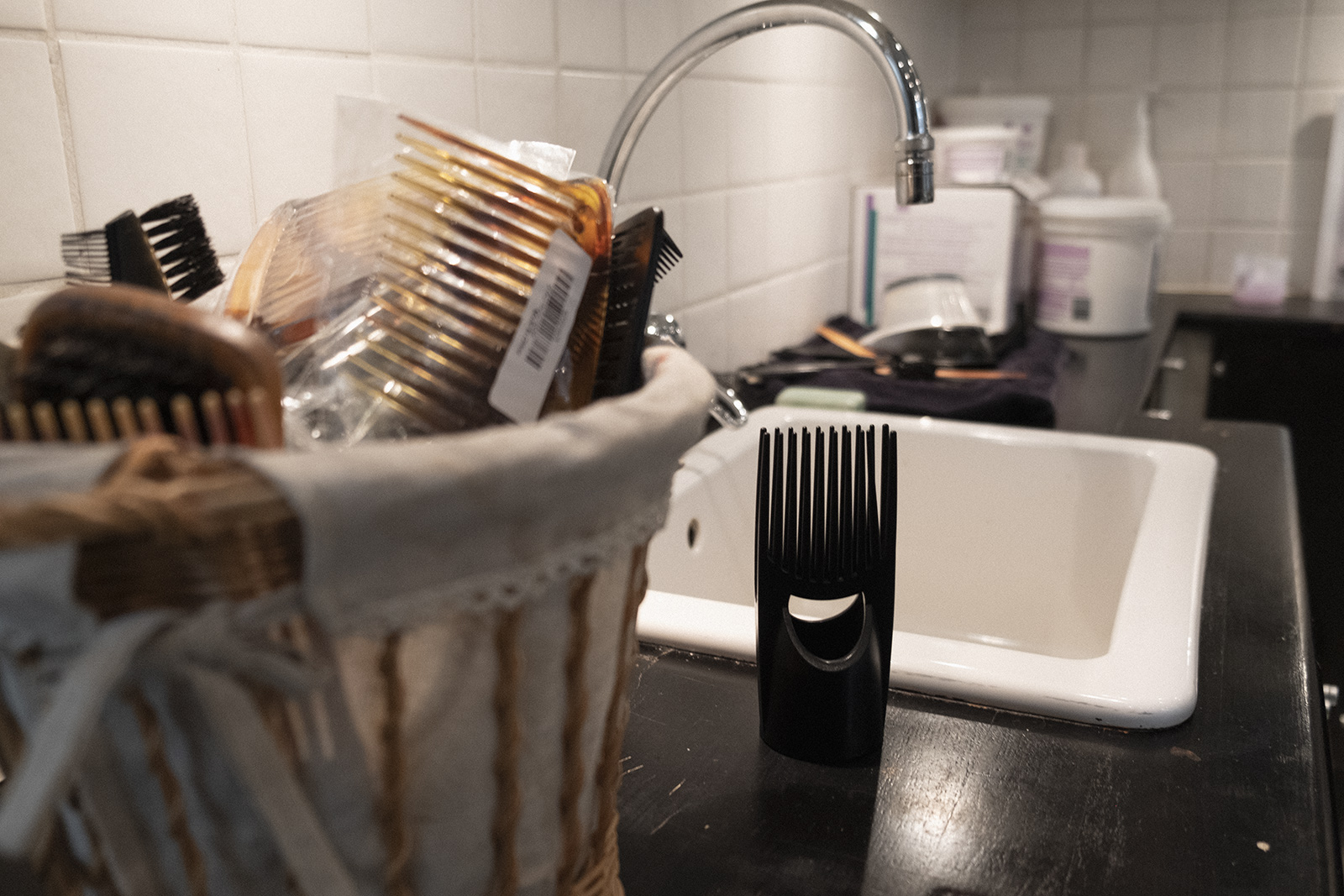
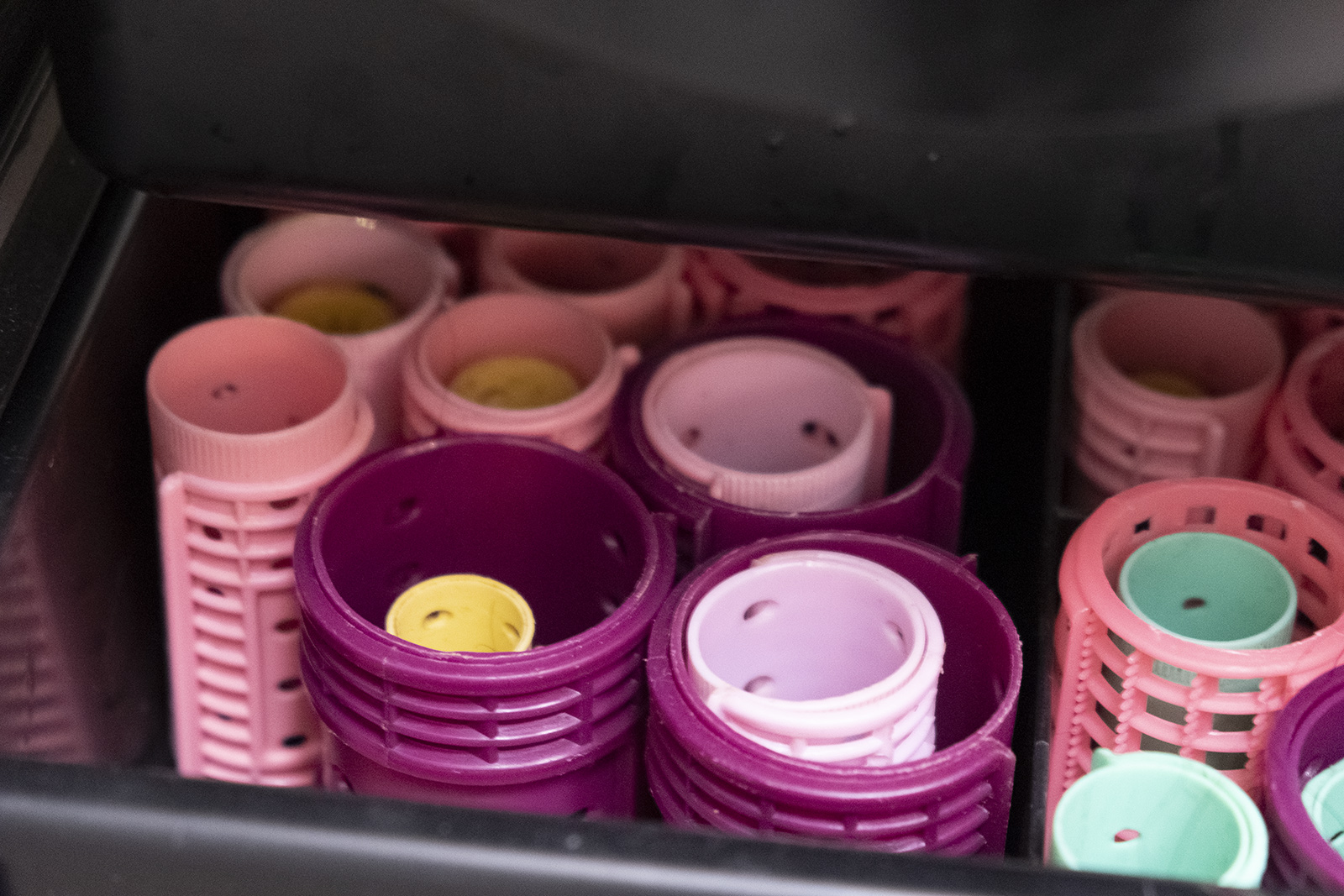
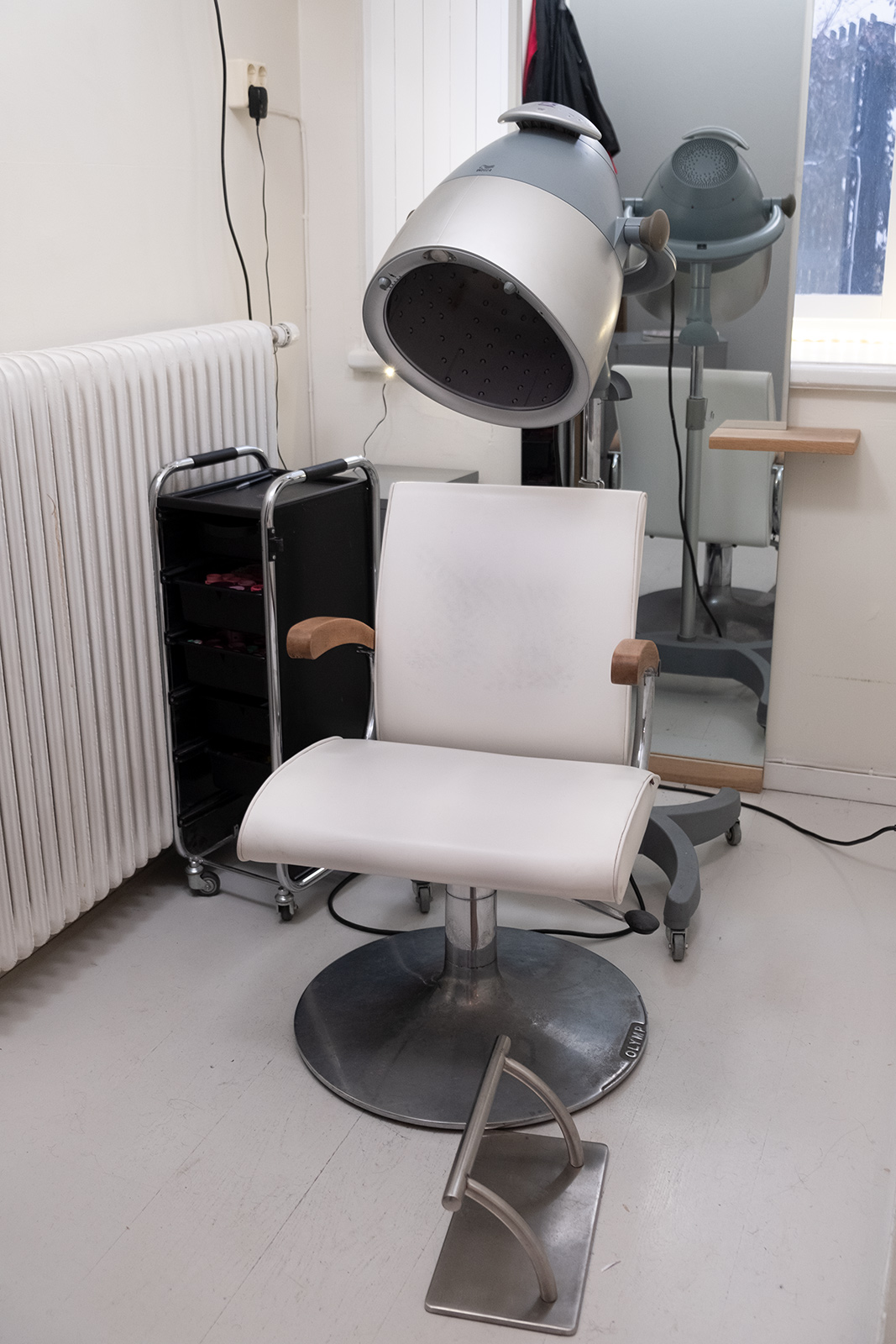
Success and embezzlement
During the years of the academy’s success, it grew to employ five other stylists. Elizabeth’s skills also afforded her occasions to travel to other parts of Europe, the United States, and other countries. However, she fell prey to an accountant who embezzled the salon’s earnings, coupled with misunderstandings with other personnel.
“I was good at just hair,” she admits. “Administration wasn’t really my thing. I didn’t understand how the system works with all the taxes.”
According to an article on NOW CFO’s website titled Embezzlement: The unspoken nightmare of the business world, embezzlement “…tends to hit small businesses the hardest, with over 80% of crimes committed at companies of 150 people or less.” Small businesses are often vulnerable because a single person has control over the finances, with unsupervised access to the funds.
“When I lost it,” Elizabeth continues. “I felt like a failure. I failed myself and my children. I failed a lot of people.”
Elizabeth’s solution for remedying the situation with Skatteverket (the Swedish Tax Agency) was to sell her apartment and enter a period of stepping back to rebuild. The years away gave her time to move to Gothenburg for five years and focus on her personal life. She also made time to be of service to others.
“Between 2016 and 2018, I went back to Africa to work with street children, joining the Kisumu Street Children Rehabilitation Consortium. I went to fix things that affected me as a child. Cooperating with organizations that work with sexually exploited children. It restored me from my past trauma,” she posits.
Like former U.S. president Barack Obama and Academy Award-winning actress and filmmaker Lupita Nyong’o, Elizabeth comes from the Luo people, Kenyan ethnic groups connected to the Nilotic peoples. Which is an indigenous group from the Nile Valley in northeastern Africa.
Although Elizabeth steered clear of hair styling in Sweden, she did attempt to open a salon during her return to Kenya. Laughing, she admits it didn’t go very well.
Rebuilding
Offering no regrets about losing Afro Hair Academy, Elizabeth shares that being away from hair styling gave her time to educate herself as a businesswoman. So that when she returned to Sweden from Kenya in 2018, she accepted rebuilding from the ground up. Not seeing it as a step down when she came back to the vocation renting a chair in another salon.
Besides opening a new salon, Elizabeth was able to purchase a new apartment, creating an abode that welcomes those who’ve stood by her through the ebbs and flows of her life’s journey. “It took two years to get back. And I’m very thankful to Kayo’s brother for helping me to renovate my home.”
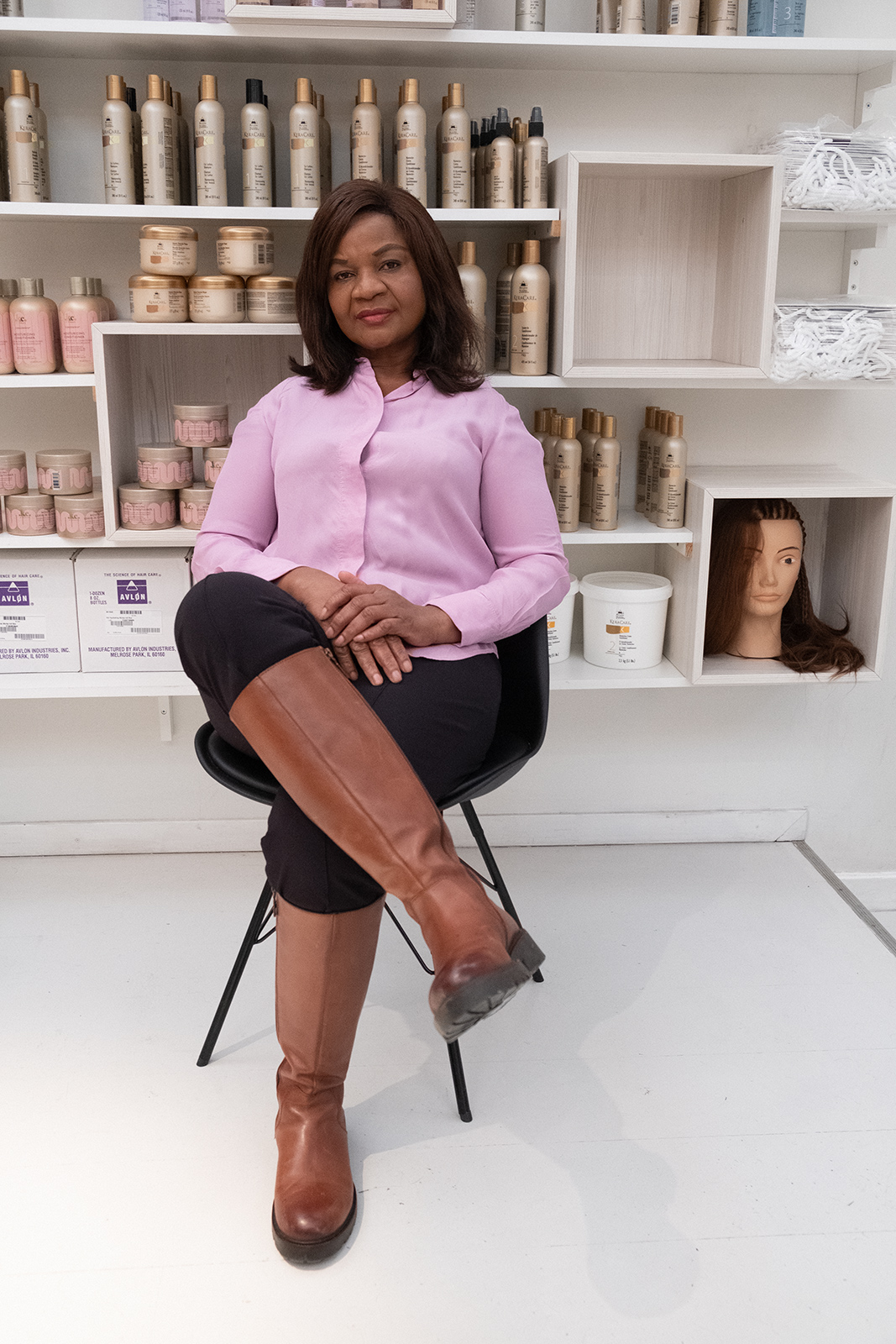
Reinvigoration
The opening of Salong Elizabeth reinvigorates Elizabeth’s belief in a Swedish Black-owned hair salon being more than just a business. For her, it’s a space where women of African descent can build community while receiving the best education for their hair.
She’s hopeful too that her story of success in business and nurturing her relationships with family and friends, encourages other women to pursue their aspirations. And that with faith, it’s possible to get back on one’s feet and have a healthy and balance life.
“This is my pride,” she declares. “Something that has given me an identity. My salon is a place of connection whereby we share our stories.”
With embracing once more entrepreneurship and hair styling, Elizabeth has discovered a new generation of Afro-Swedes. Some of whom are the children of customers she worked with years before.
“Some of them (the parents) were kids when they first came to me.”
As the light shining through Salong Elizabeth’s window dims, reminding us of the return of the Swedish winter darkness, Elizabeth reiterates her goals.
“I’m not just another Black person,” she pronounces.
“I am here to make a change. I’m investing in the next generation.”
“I am here to make a change. They talk about looking for white people to invest in Africa. I look at myself as investing in Sweden. Because I’m investing in people. I’m investing in the next generation.”
For more information on Salong Elizabeth and its services. Or, to make an appointment, visit salongelizabeth.com.
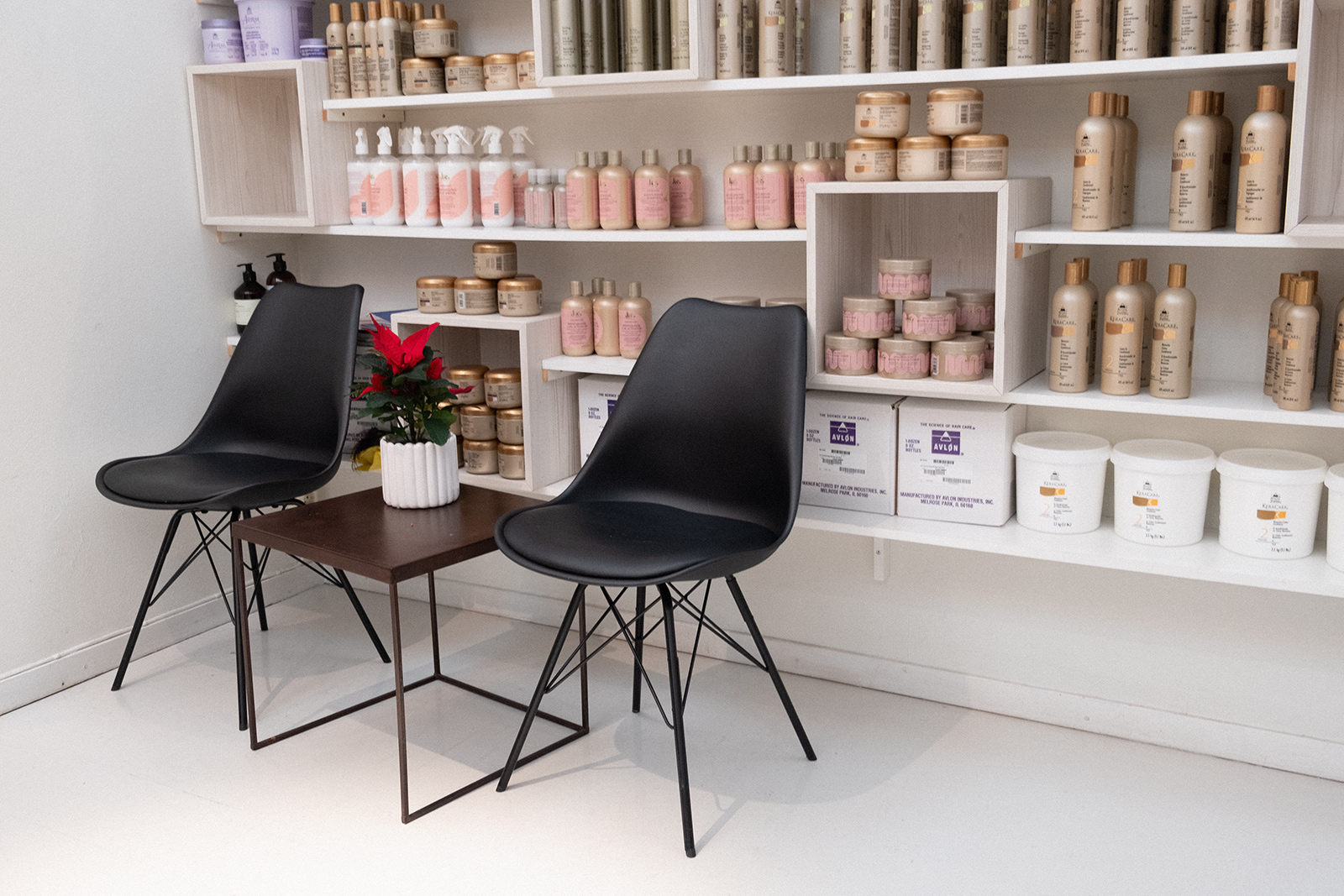
photos ANDREA DAVIS KRONLUND

